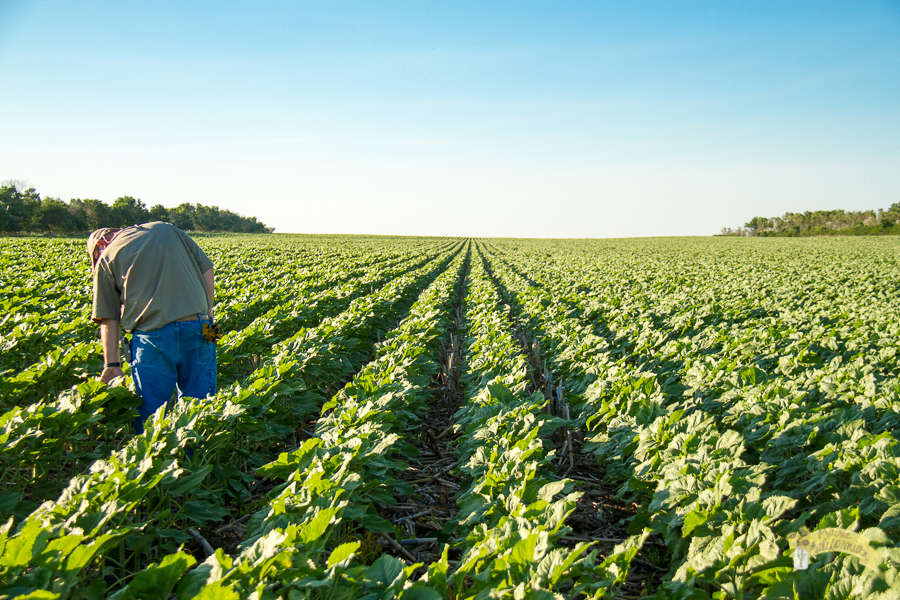
What on earth is an agronomist?
An agronomist is an expert who applies scientific knowledge and procedures for the administration and manufacture of crops. Agronomists work in a number of settings, from farms and ranches to governing administration agencies and personal businesses. They could also operate in research laboratories or instruct at colleges and universities.
Most agronomists have at the very least a bachelor's diploma in agronomy or even a similar area, for instance agricultural science or soil science. Numerous agronomists even have master's degrees or doctorates. The precise nature of an agronomist's career depends on her or his specialty and employer.
Agronomists Participate in a vital position in making sure that crops are healthy and effective. They use their expertise in plant science to develop techniques to further improve crop production, fight pests and diseases, and conserve water and various resources.
The function of an agronomist
is to help the earth fulfill its expanding food generation requirements. In accordance with the U.S. Bureau of Labor read more Statistics (BLS), employment for agronomists is anticipated to increase a lot quicker than average, with openings as a result of expansion and substitution requirements.
The work of the agronomist
is difficult and gratifying, with agronomists typically getting involved with analysis and schooling.
The education of an agronomist
Agronomists require at the very least a bachelor's diploma learn more in agronomy or relevant subject from an accredited uni.
The future of agronomy
Agronomists help to make sure that the planet's population has adequate foodstuff, plus they perform to boost crop yields and lessen agriculture's effect on the natural environment. The BLS claims that agronomists are in demand, but Levels of competition for Employment is likely to be strong.
Conclusion
Agronomists are concerned with the analysis of crops, they usually get the job done in many different fields, from agricultural analysis to boosting crops. Agronomists are required to make sure that crops are produced for consumption, but they also help produce biofuels and various plant-based products and solutions.